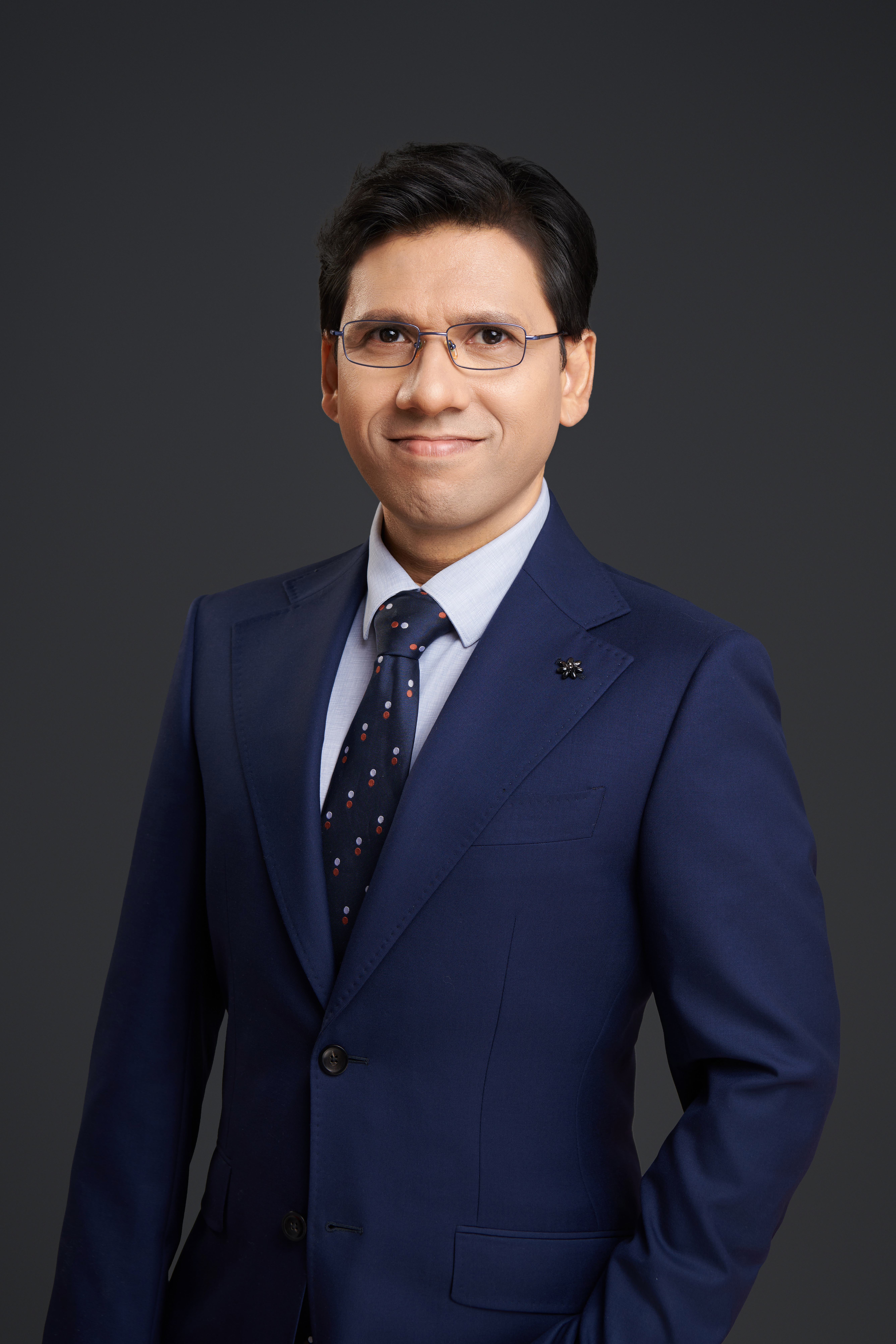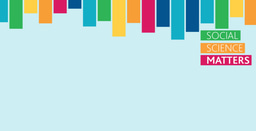Adapting to change in three different worlds | The case of academic libraries in Africa
Published in Sustainability, Education, and Arts & Humanities

Heraclitus famously said, “The only constant in life is change.” This quote is especially relevant in the twenty-first century, which has been marked by rapid evolution. In the dynamic environment of the modern world, all sectors, including education, must adapt in order to survive and thrive. New world events, scenarios, trends, and uncertainties have prompted academic libraries to repurpose, refocus, and reimagine new forms of disseminating information. In our recent article (Adarkwah et al., 2024), we systematically reviewed relevant literature to explore how academic libraries in Africa delivered their services in three different worlds (pre-COVID-19, post-COVID-19, and the current GenAI era).
Generally, academic libraries are recognized as important social institutions that provide accessibility to diverse information resources to support learning in both formal and informal contexts (Li et al., 2019). In the university ecosystem, academic libraries are integral figures that meet users’ individual needs by providing tailored guidance and information in the right place and at the right time. As a result, even amid great societal upheavals and revolutions, academic libraries are under increasing pressure to innovate to remain the hub of academic information within an institution. However, many African academic libraries have been slow to transform in the face of generational changes. Our study traced the transformative journey of academic libraries in the pre-COVID-19, post-COVID-19, and GenAI worlds.
African academic libraries in the three worlds
Pre-COVID-19, before the existence of information and communication technology, especially from the 1930s and 1940s up to the early 2000s, “digital library” was an unpopular word in Africa. Many African academic libraries stored knowledge with paper, pen, and pencil. This ancient approach to information storage and preservation is highly outdated. The libraries were committed to offering their services through traditional, conventional practices, which greatly affected the speed of growth of African digital and information literacy. Nonetheless, the global industrial revolution in Western and other advanced countries led to the formation of quality academic libraries, which have facilitated transformation in education.
In the post-COVID world, academic libraries have employed three distinct approaches to convey information to their users: online reference services, database services, and institutional repository services. The COVID-19 lockdown, which rapidly disrupted school operations, compelled librarians to transition to providing online reference services. Online information delivery came with challenges; however, the shift enabled users to fulfill their information needs digitally, eliminating the necessity for a physical visit to the library.
In the generative artificial intelligence (GenAI) era, there is an increasing need for digitally driven information literacy skills. However, integrating AI into the learning content in universities in Africa comes with a challenge (Adarkwah et al., 2023). Some African universities still use analogue cataloging of academic literature, newspapers, and magazines, which are easily often disposed of and difficult to retrieve. This approach to information storage has led to a decline in African information literacy. This is in consensus with the revelation by Wang and Xia (2025) that while libraries in developed countries have widely adopted AI technologies across various operational areas, those in developing countries have yet to enhance their engagement in this field. In a positive light, some African university libraries are willing to deploy collaborative technologies and tools in their information delivery, which has positively impacted both students’ and staff’s ability to use technology.
The way forward for African academic libraries
African academic libraries should leverage GenAI technologies such as ChatGPT to innovate their services. For example, the libraries can utilize GenAI to provide educational resources to information and knowledge-seeking individuals in an easily accessible, rapid, and interactive way. To fulfill their mission of democratizing education and fostering lifelong learning, GenAI use by academic libraries can also contribute to open education practices by facilitating the creation and expansion of open educational resources to millions of learners, especially those from marginalized and rural communities. Wang and Xia (2025) suggest that ChatGPT is being used in academic libraries to provide a wide range of services such as research assistance, reference consultations, and navigation of library resources, and relieving libraries of cataloguing burden. GenAI-automated digital libraries in African universities can produce enormous positive transformation in African libraries in the realm of digital and information literacy.
As a recommendation, it is suggested that African academic libraries adopt open-access initiatives to democratize information, align with global trends, and promote unrestricted access to scholarly resources. The use of GenAI for service provision in academic libraries can result in several ethical concerns. Hence, it is recommended that academic libraries uphold academic integrity and provide training to librarians and users on GenAI in library services and information-seeking. Leaders of academic institutions should be aware of funding challenges that may curtail African academic libraries in procuring GenAI technologies and providing GenAI professional training for libraries and users.
Embracing the “Digital-First Library Model” ensures the continuity of library services in adverse times, helps achieve inclusivity, and serves as a framework to address challenges in the digital learning environment by promoting remote access and uninterrupted operations.
References
Adarkwah, M. A., Amponsah, S., Wyk, M. M. van, Huang, R., Tlili, A., Shehata, B., Metwally, A. H. S., & Wang, H. (2023). Awareness and acceptance of ChatGPT as a generative conversational AI for transforming education by Ghanaian academics: A two-phase study. Journal of Applied Learning and Teaching, 6(2), Article 2. https://doi.org/10.37074/jalt.2023.6.2.26
Adarkwah, M. A., Okagbue, E. F., Oladipo, O. A., Mekonen, Y. K., Anulika, A. G., Nchekwubemchukwu, I. S., Okafor, M. U., Chineta, O. M., Muhideen, S., & Islam, A. Y. M. A. (2024). Exploring the Transformative Journey of Academic Libraries in Africa before and after COVID-19 and in the Generative AI Era. The Journal of Academic Librarianship, 50(4), 102900. https://doi.org/10.1016/j.acalib.2024.102900
Li, S., Jiao, F., Zhang, Y., & Xu, X. (2019). Problems and Changes in Digital Libraries in the Age of Big Data From the Perspective of User Services. The Journal of Academic Librarianship, 45(1), 22–30. https://doi.org/10.1016/j.acalib.2018.11.012
Wang, M., & Xia, Z. (2025). Research on Artificial Intelligence in Libraries. Proceedings of the 2025 3rd International Conference on Communication Networks and Machine Learning, 519–526. https://doi.org/10.1145/3728199.3728285
Biographies:
Dr Michael Agyemang Adarkwah is a Research Associate at the Institute for Education and Culture, at the Chair of Adult Education, Friedrich Schiller University Jena, Germany. His habilitation is on the application and implication of learning technologies in adult education in this artificial intelligence (AI) era with a focus on challenges, policy, and best practices. He has given keynote speeches on Artificial Intelligence in Higher Education at the University of Portsmouth-Kaplan Symposium, the University of South Africa (UNISA), the University of Ghana, Philippine Normal University (The National Center for Teacher Education) and Mariano Marcos State University (Comparative Education and Students Critical Leadership Society).

Assoc. Prof. A.Y.M. Atiquil Islam serves as the Director of the International Graduate Program in Educational Technology at East China Normal University. He is also an Honorary Chair Professor at the School of Teacher Education, Jiangsu University. An accomplished author, Prof. Islam has published nearly 100 papers in leading international journals and conferences. In the last two years, he authored two books: “The Technology Adoption and Gratification (TAG) Model and Its Application” and “Applying the Rasch Model and Structural Equation Modeling to Higher Education”. He founded the world-leading book series, Assessment of Educational Technology (AET), in 2024 and he continues to oversee as Lead Editor.


Please sign in or register for FREE
If you are a registered user on Research Communities by Springer Nature, please sign in